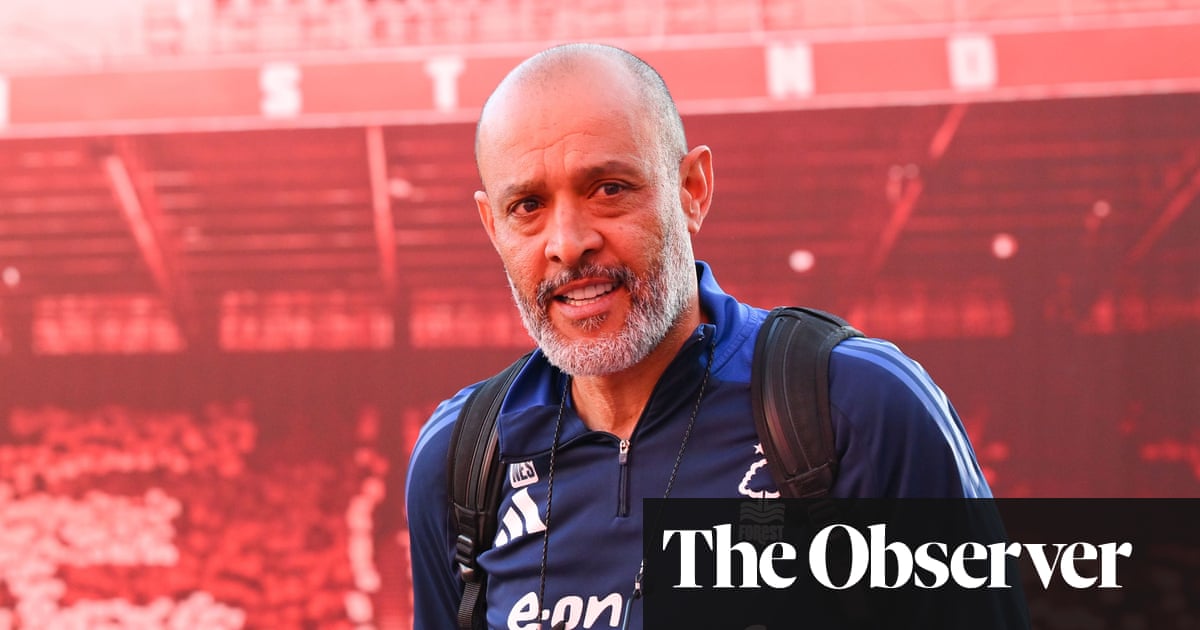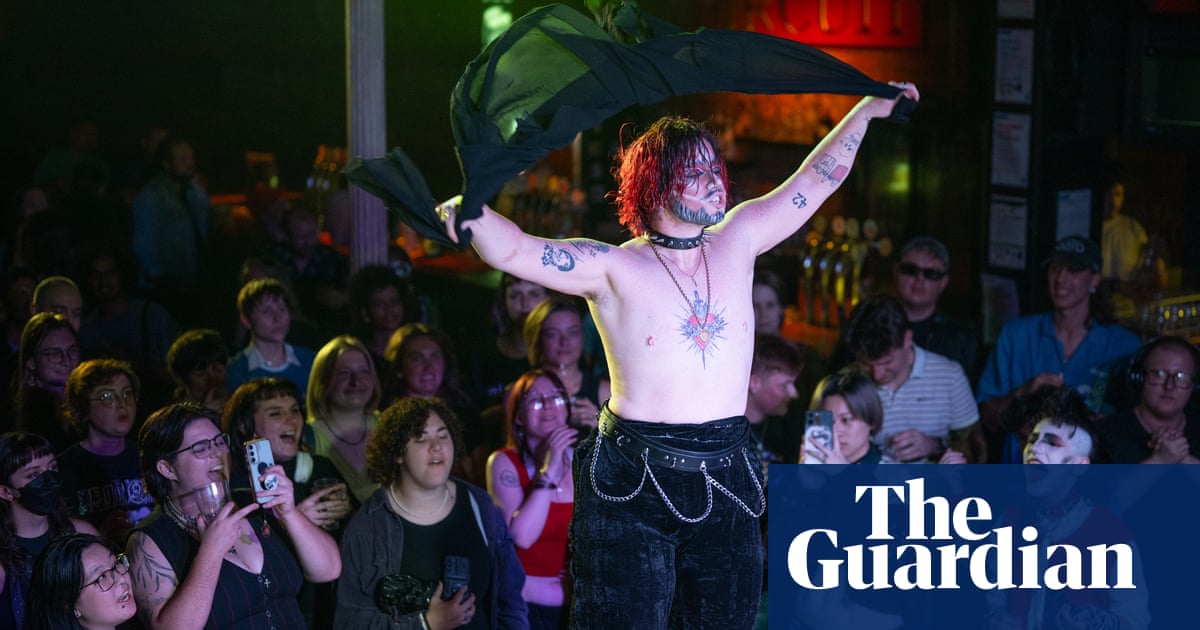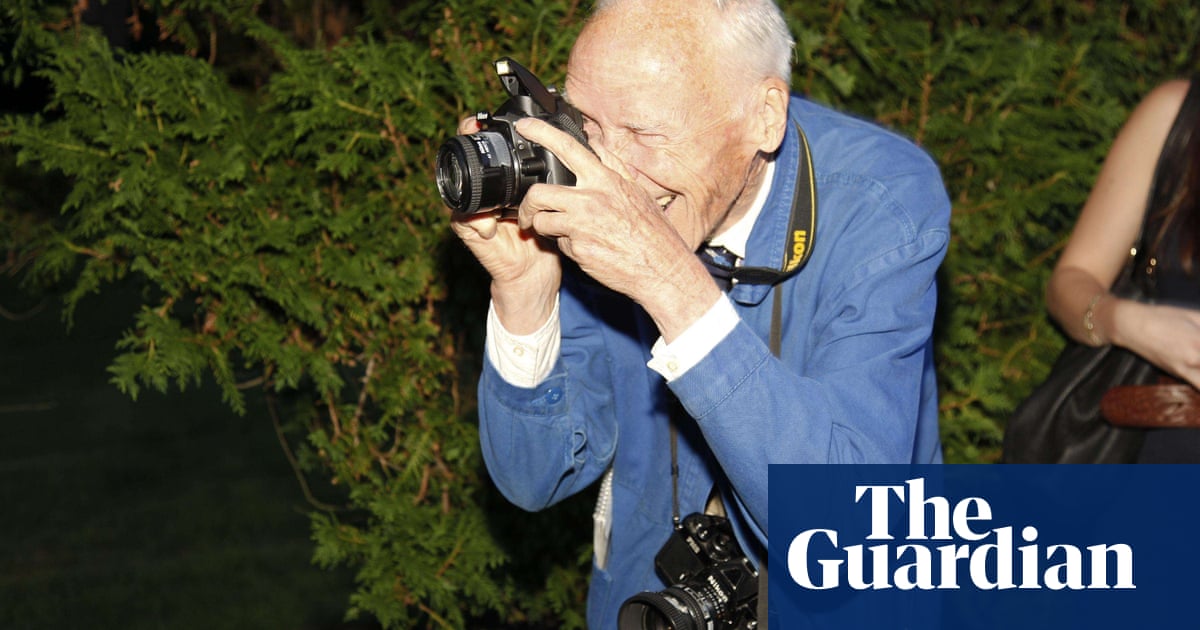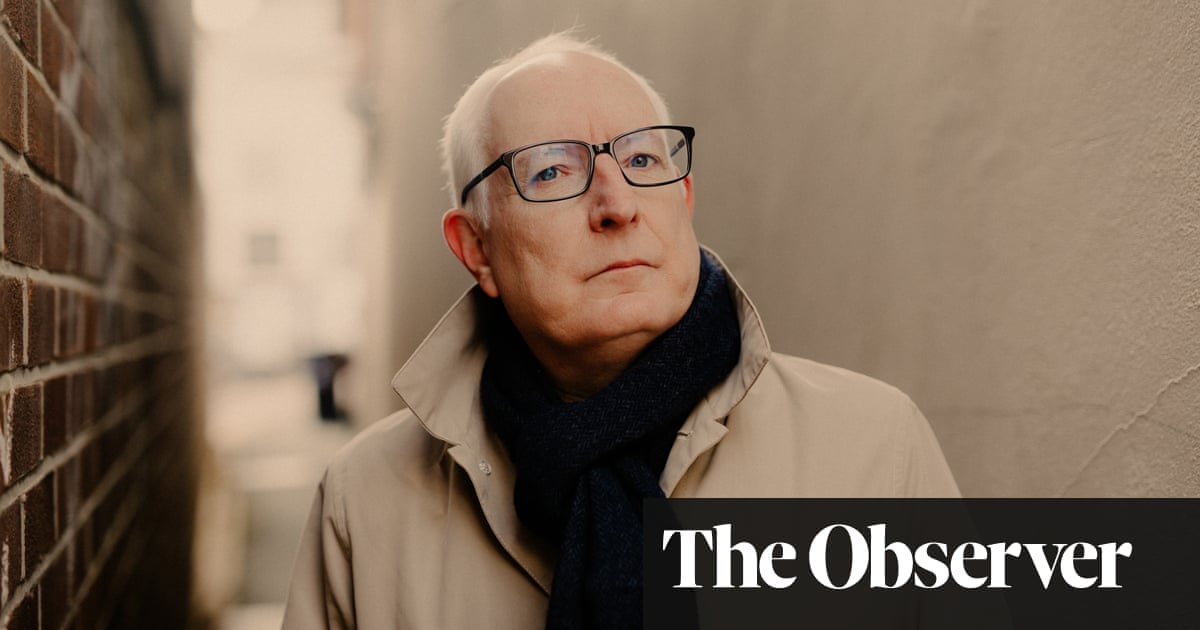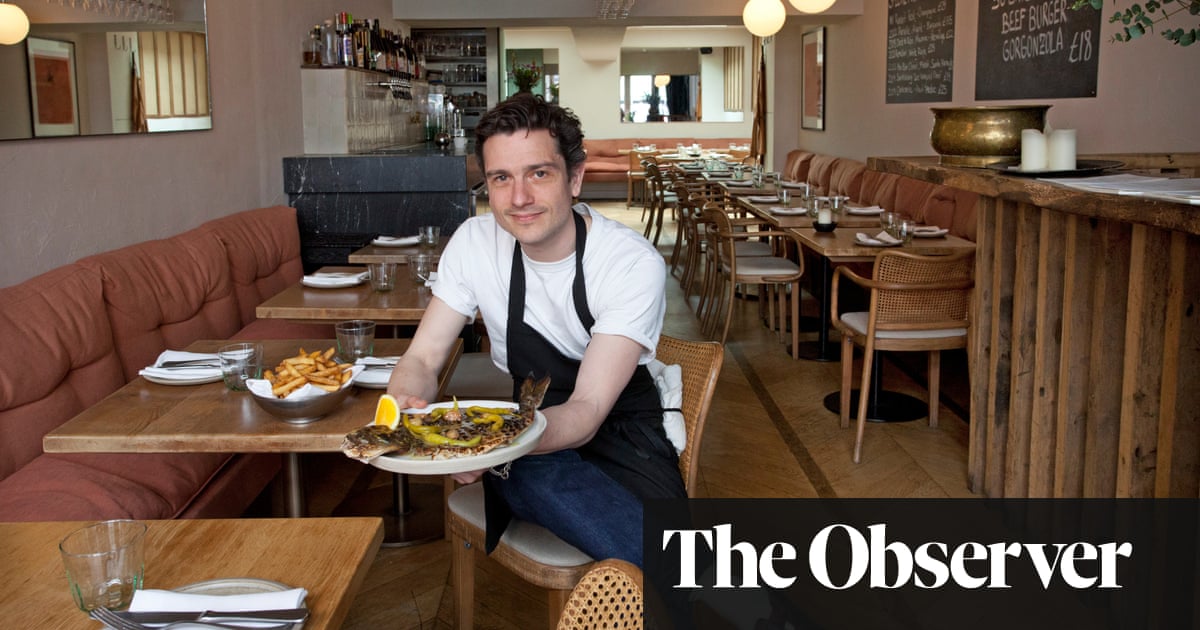My earliest reading memory
I was seven. It was a book called Run With the Wind, by Tom McCaughren, which is like an Irish riff on Watership Down but with foxes instead of rabbits. I loved it.
My favourite book growing up
Alexandre Dumas’s The Three Musketeers. I think I was 12. I remember finding it funny, gripping and yet also much darker than I’d expected. When I discovered there was a sequel called Twenty Years After, I asked the local bookshop to order it in (the first time I had ever done this), which felt momentous.
The book that changed me as a teenager
Don Quixote by Miguel de Cervantes. I was 14 and didn’t really expect to finish it, so I was surprised when it made me laugh out loud. Then, I found the latter half of the novel heartbreaking. It began my fascination with stories that were tragicomic, picaresque and character-driven.
The writer who changed my mind
Tolstoy made me more forgiving of myself and other people. If you compare Tolstoy to, say, Flaubert, they cover very similar ground, but Flaubert’s work, though brilliant, is flecked with misanthropy, whereas Tolstoy has a peculiar ability to examine his characters’ worst flaws yet not make those flaws definitive. There’s a generosity of spirit to it, which changed my outlook on life.
The book that made me want to be a writer
It wasn’t any single book but more a case of reading a great quantity in a short period. I was 20 and an Erasmus student in Amsterdam. I remember spending a month just reading everything by Dostoevsky and walking around in a bit of a daze: physically in Amsterdam but my mind in some version of 19th-century Russia. After that year, I knew I wanted to write.
The book I came back to
Wuthering Heights by Emily Brontë. I was 16 and perplexed. It’s one of those novels so famous you think you know it before you’ve read it. I’d anticipated an archetypal romance between Heathcliff and Cathy, whereas, in fact, it turned out to be a rather unhinged story about disturbed and traumatised characters, with a truly inventive narrative structure. When I later came back to the novel and took it on its own terms, I loved it.
The book I reread
It almost feels too obvious to say it as an Irish writer, but I reread James Joyce’s Dubliners every few years. I first read it at the age of 17. When I began trying to write, I would copy out passages from the short story Araby, just to see how it felt to write something so good.
The book I could never read again
Mr Tickle just doesn’t hold up the way it did when I was four.
The book I discovered later in life
Wolf Hall by Hilary Mantel. It had been out a while by the time I read it and had been recommended to me. However, I wasn’t very interested in what I thought would be just another story about Henry VIII and the Tudor soap opera. The novel and the ones that follow are masterclasses in point of view, but also in how every subject matter has fresh potential if you find the right approach.
The book I am currently reading
I have a couple on the go. I’m rereading Barbara Tuchman’s A Distant Mirror, a nonfiction classic about 14th-century France, seen through the life of a single nobleman and, for fiction, The Third Realm by Karl Ove Knausgård.
My comfort read
Seneca’s letters, the Sherlock Holmes stories, and Simenon’s Maigret novels are always on standby.

.png) 3 months ago
27
3 months ago
27




